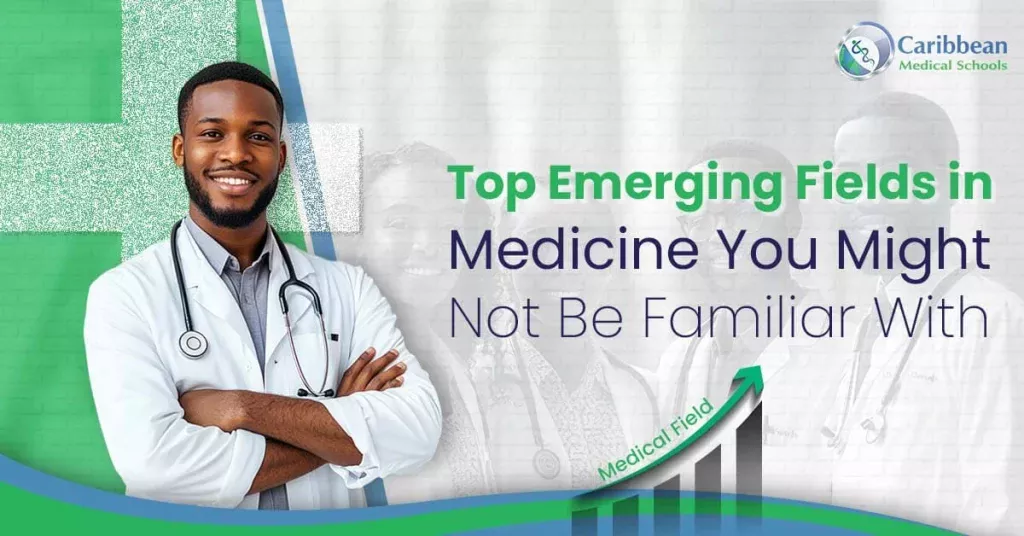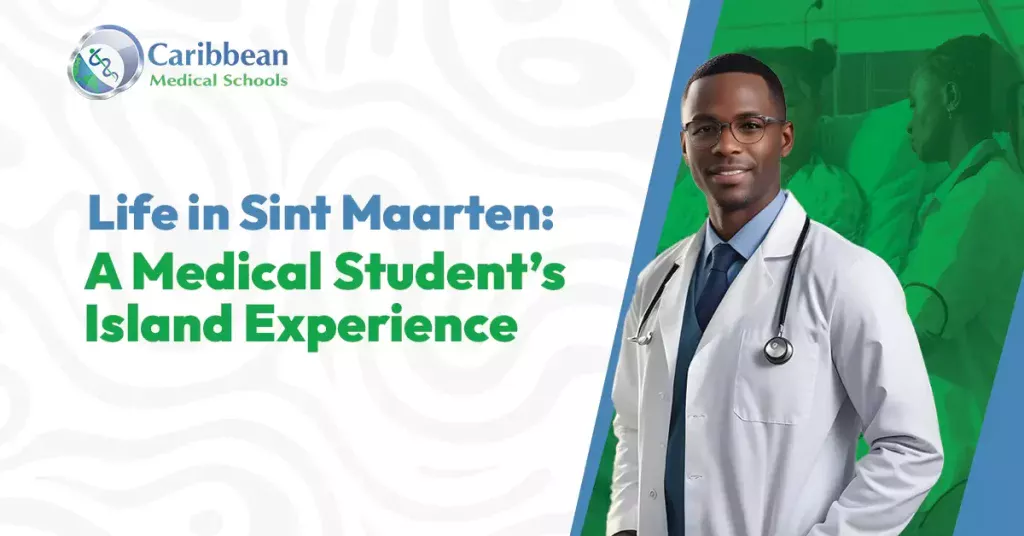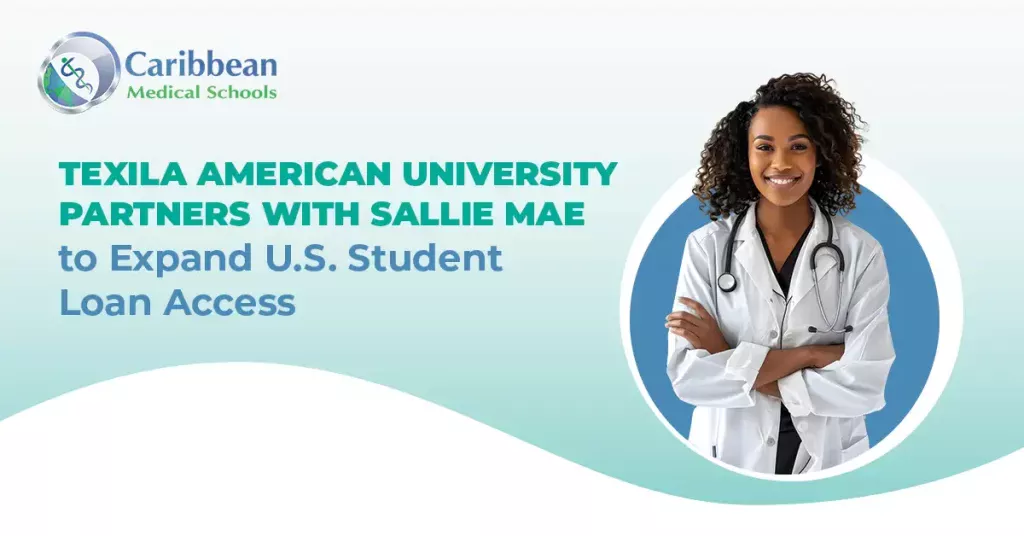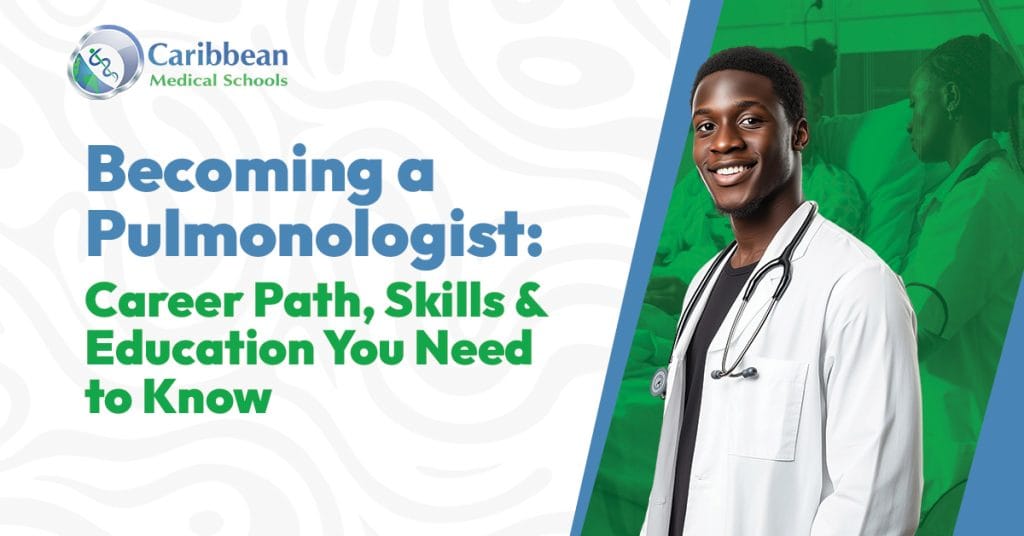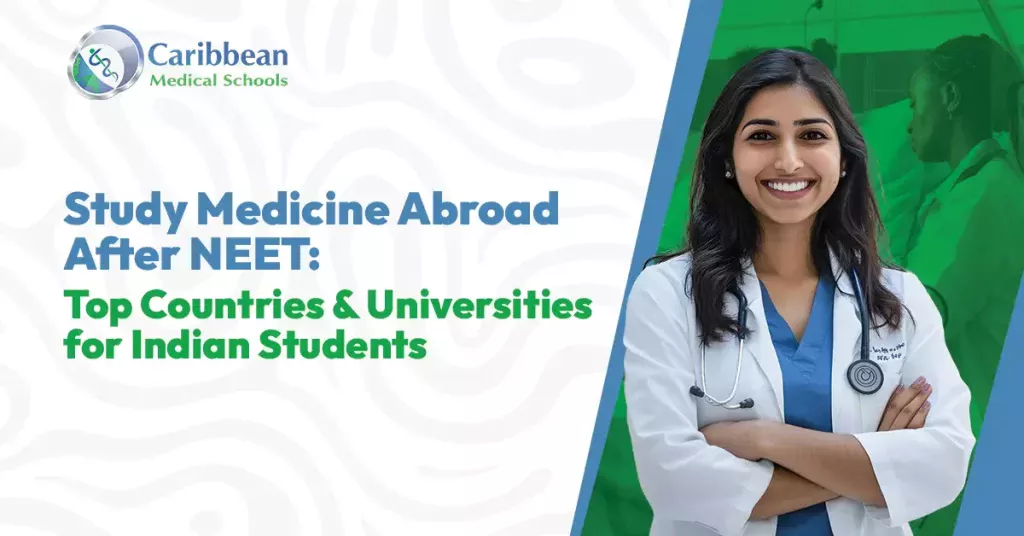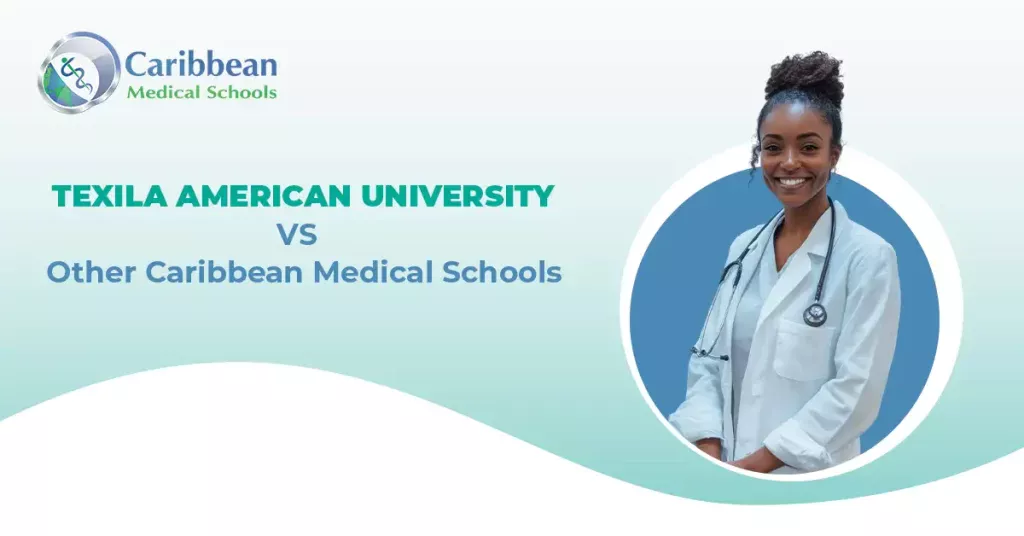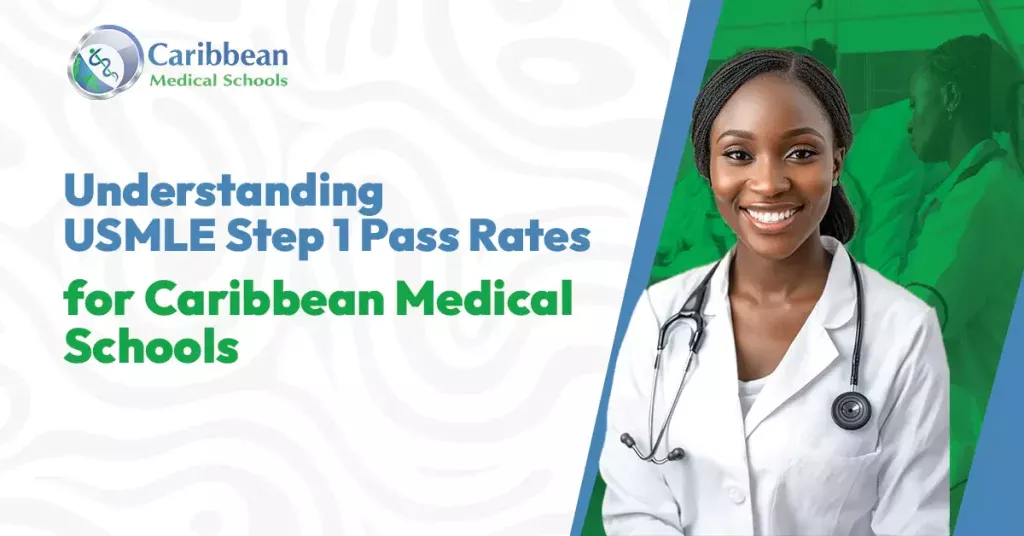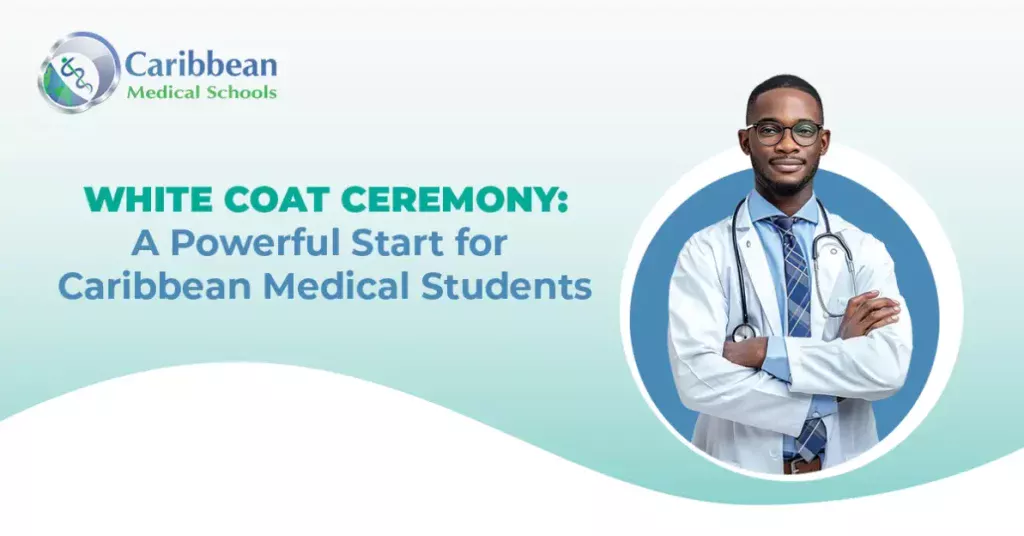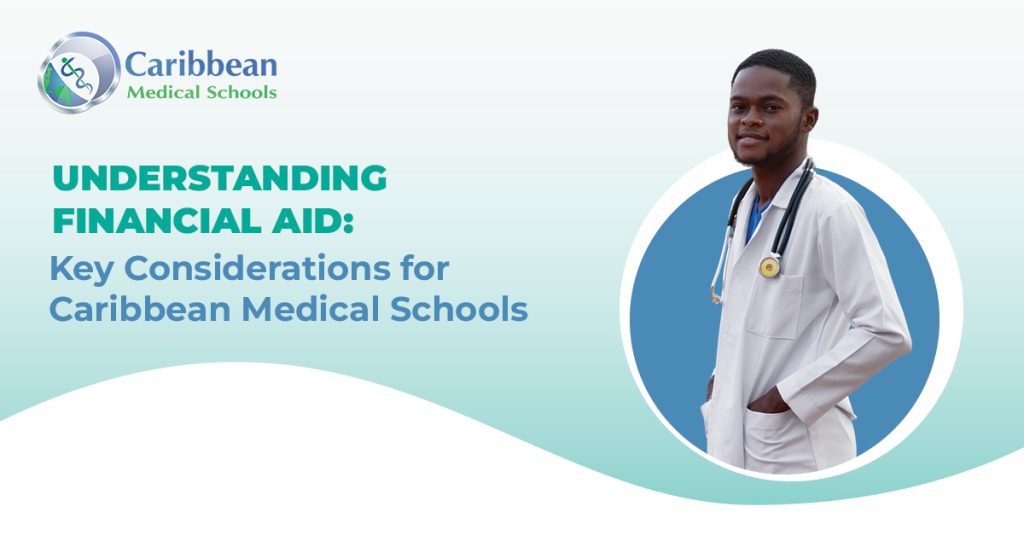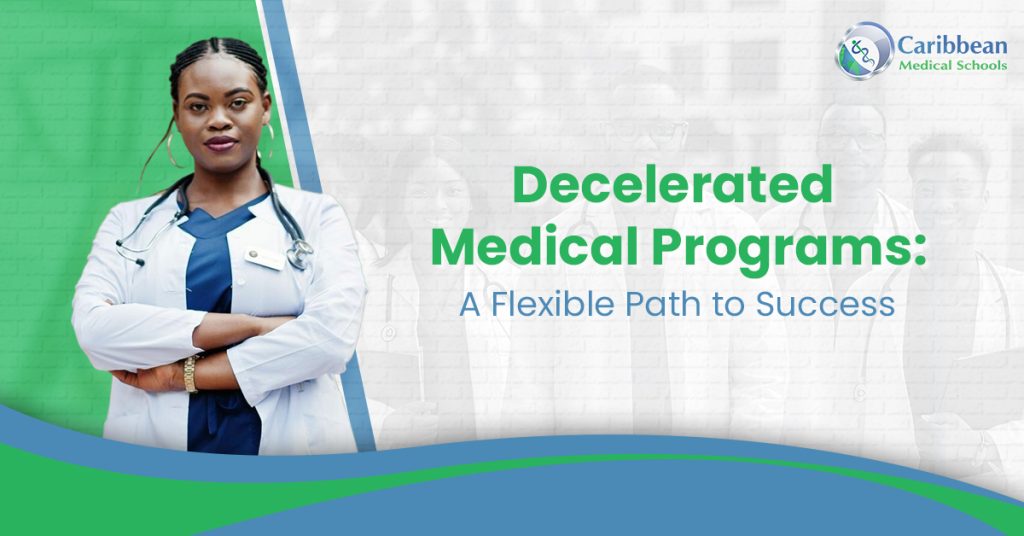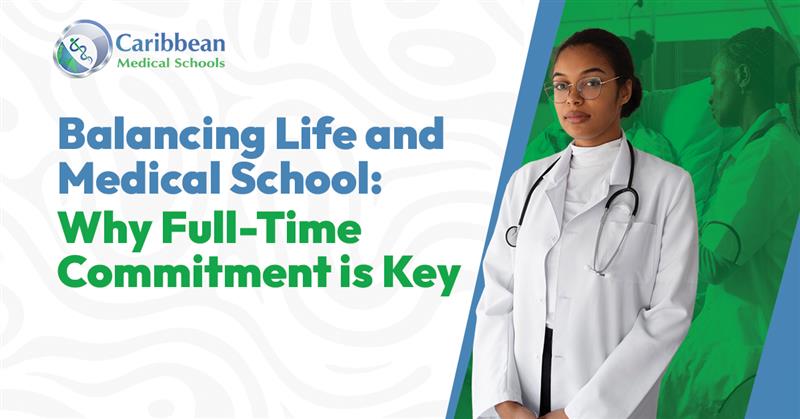Blog Summary
This blog explores the top emerging fields in medicine, such as telemedicine, regenerative medicine, precision medicine, AI in healthcare, and nanomedicine. These advancements are shaping the future of healthcare by offering innovative treatments and solutions to complex medical issues. Caribbean medical schools are preparing students for these exciting fields by integrating cutting-edge technology and personalized medicine into their curricula. With affordable tuition and accredited programs, these schools provide an excellent pathway to medical careers in these growing specialities. The article also highlights the importance of functional medicine, geriatric psychiatry, space medicine, and global health in modern healthcare.
Table of Contents
Introduction
The world of medicine is constantly evolving, with new specialities emerging that are transforming healthcare as we know it. While traditional fields like surgery and paediatrics are still critical, exciting new areas of study are offering solutions to previously untreatable conditions. But how do you navigate these options if you’re an aspiring medical student? This article will introduce you to some of the top emerging fields in medicine that are growing in importance, and we’ll also explore how Caribbean medical schools are preparing students for these cutting-edge fields.
Telemedicine and Digital Health
The rise of telemedicine has revolutionized patient care, especially after the COVID-19 pandemic. This field focuses on delivering healthcare remotely through digital platforms. Patients can now consult with doctors via video calls or apps, reducing the need for in-person visits.
Telemedicine is enhancing the accessibility of healthcare, especially in underserved areas. Many top Caribbean medical schools are integrating telemedicine training into their programs to equip future doctors with the skills necessary to adapt to this digital shift.
Regenerative Medicine
Imagine a world where you could regrow damaged tissues or organs—this is the promise of regenerative medicine. Using techniques like stem cell therapy and tissue engineering, regenerative medicine aims to repair or replace damaged cells, tissues, or organs.
Accredited Caribbean medical schools, such as St. George’s University, Texila American University, and many others, are expanding their curriculums to include regenerative medicine research, preparing students for roles in this fast-growing speciality.
Precision Medicine
Precision medicine focuses on tailoring medical treatment to the individual characteristics of each patient. Unlike traditional medicine, which often follows a one-size-fits-all approach, precision medicine considers factors like genetics, environment, and lifestyle to create personalized treatment plans.
As the field grows, more students are enrolling in courses focused on precision medicine at top Caribbean medical schools. This approach promises to make healthcare more effective and less invasive.
Artificial Intelligence in Healthcare
Artificial Intelligence is already transforming industries, and healthcare is no exception. AI in healthcare is being used for diagnosing diseases, predicting patient outcomes, and even assisting in surgeries. AI algorithms can process vast amount of data to identify patterns that humans might miss.
Top Caribbean medical schools are incorporating AI modules into their medical programs, ensuring students are prepared to work alongside AI-driven healthcare solutions.
Nanomedicine
Nanomedicine involves the use of nanoparticles to treat diseases at the molecular level. These tiny particles can deliver drugs directly to cancer cells, leaving healthy cells unharmed. The possibilities are endless, from treating cancer to fighting infections more efficiently.
With its growing importance, accredited Caribbean medical schools are offering specialized courses in nanomedicine, training future doctors in this cutting-edge technology.
Functional Medicine
While traditional medicine typically addresses symptoms, functional medicine seeks to determine and tackle the root causes of illness. This holistic approach considers a patient’s history, genetics, and to design a customized treatment plan.
Many of the best medical schools in the Caribbean now offer elective courses in functional medicine, recognizing its potential to complement traditional healthcare.
Geriatric Psychiatry
As life expectancy increases, so does the need for geriatric psychiatry, a field focused on the mental health of older adults. The risk of cognitive decline rises with age, depression, and anxiety, making this speciality crucial.
Several top Caribbean medical schools are introducing geriatric psychiatry into their curriculum to address this growing healthcare challenge.
Space Medicine
While it may sound like something from a sci-fi movie, space medicine is a real and emerging field. With increased interest in space travel, doctors are needed to study the effects of space on the human body and to ensure the health of astronauts.
Caribbean schools, particularly those offering global health programs, are beginning to incorporate space medicine into their electives, preparing students for careers in this niche but exciting field.
Bioprinting and 3D Medical Technology
3D printing technology is no longer confined to creating prototypes. It’s now being used to print organs, tissues, and even prosthetics. The field of bioprinting is expanding rapidly, providing hope to patients requiring organ transplants.
Students at top Caribbean medical schools are engaging in bioprinting research, preparing to lead the charge in this revolutionary medical field.
Global Health and Infectious Disease Control
The COVID-19 has emphasized the critical importance of global health and infectious disease control. This field focuses on preventing, diagnosing, and treating infectious diseases across the globe.
Many accredited Caribbean medical schools emphasize global health in their programs, encouraging students to contribute to public health initiatives and prepare for global health crises.
Conclusion
Medicine is no longer limited to just treating diseases; it’s about preventing them, tailoring treatments to individuals, and using advanced technology to improve patient outcomes. The emerging fields discussed in this article represent the future of healthcare. If you’re thinking about pursuing a career in medicine, exploring these fields can open up a world of possibilities.
Caribbean medical schools are staying at the forefront of these advancements, offering students affordable, world-class education in some of the most exciting and rapidly evolving areas of medicine. Whether it’s precision medicine, AI, or space medicine, the future of healthcare is bright, and you can be part of it.
FAQ
What are brain-machine interfaces used for?
Brain-machine interfaces allow individuals to control external devices using their brain signals. This technology is primarily used in neuroprosthetics to assist patients with paralysis or neurological disorders.
What is regenerative medicine?
Regenerative medicine involves regenerating or replacing damaged tissues and organs using stem cells, gene therapy, or tissue engineering to restore normal function.
What is precision medicine?
Precision medicine is a healthcare strategy that tailors treatments based on individual factors like genetics, environment, and lifestyle, providing more personalized and effective care.
How does telemedicine work?
Telemedicine uses digital platforms to connect patients and healthcare providers remotely, allowing for consultations, diagnosis, and treatment without in-person visits.
How does immunotherapy treat cancer?
Immunotherapy enhances or modifies the immune system to recognize and attack cancer cells more effectively, offering novel treatment options for specific types of cancer.

